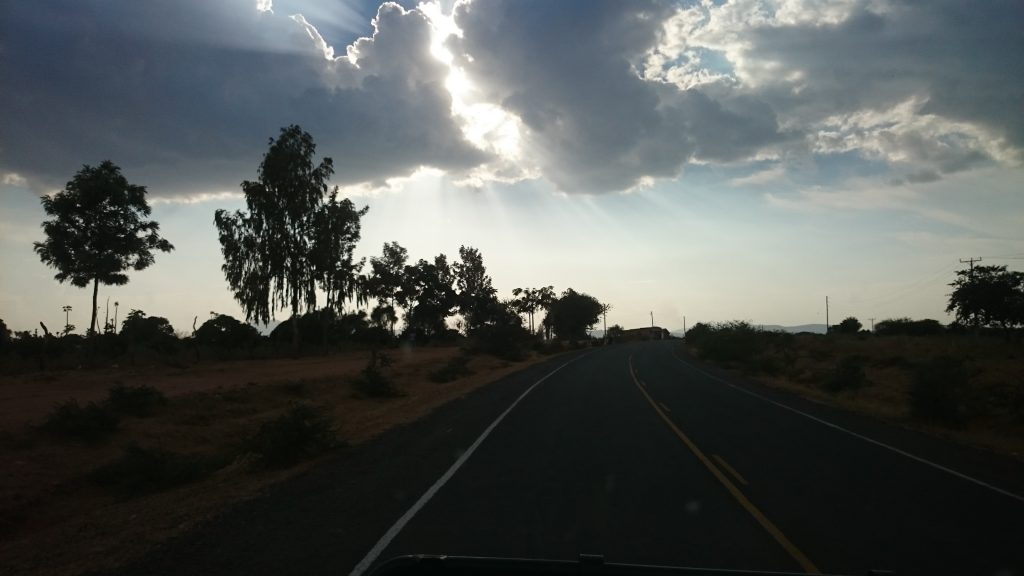
To be able to provide climate services to any country, city or community, we need to ensure that they are designed to fit end-users´ needs. Firstly, accuracy is important to ensure usefulness for people using the services. Secondly, in order for people to actually use the climate services, the forecast needs to be understandable, which means that the way the forecast is presented needs to be adjusted to the recipient. Does a term like nice weather mean the same for a climate scientist as it does for a farmer or a sailor? Finally, services need to be accessible to the people who will benefit from using it. That can be farmers, the government or people working in disaster management. Understandably, there might not exist any one-size-fits-all solution or design, but climate services need to be co-developed together with local stakeholders and end-users in order to be as successful as possible.
Developing and improving climate services in developing countries means that we have to have a perspective far beyond any short-term project that we carry out. If we are going to help fill the gaps in already-existing climate services in developing countries, we need to work together with local stakeholders to learn more about what the users in that particular region need. That enables us to design and create climate services that people will actually find helpful and be able to use as an asset in their work.
Check out these related:

Events

Blogs
